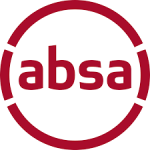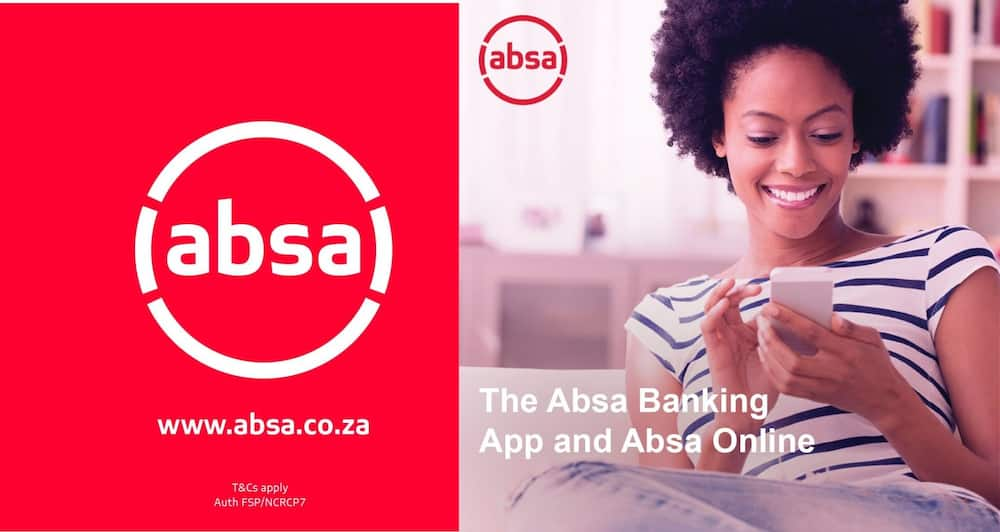
Do you love working with people on a daily basis? Banking has a vast amount of diverse opportunities to offer and with an ABSA Learnerships you could gain valuable knowledge within your field.
ABSA Bank aids its employees to lay a solid foundation for their future, with success as the first steps. Their programs are ideally suitable for people who have a devotion and pure love of numbers.
During the 12 ? 18 months you will be molded, trained, guided and professionally shaped to excel within your desired field. Are you eager to learn, focused 100% on your goals and truly know what it is you want out of life? Then ABSA may be looking for you. They want people who are dedicated beside also being set on creating the best future they can. Shape your future with aid from the specialists.

There are so many learnerships within the banking sector. ABSA may have some of the following career paths available each year:
Candidates between the ages of 18 and 30. CAll cndidates must include a detailed curriculum vitae with contact details, contactable references as well as any information they feel may be pertinent to their application. Please also include certified copies of all relevant certificates, ID, and proof of address no older than three months. Candidates must be permanent South African residents and citizens.
Candidates will also be required to have the following:
Previous banking knowledge will be advantageous. Experience within the retail sector will also be of an advantage.
Candidates who apply will also be checked for the following:
Learnerships online applications processes are made available during the year on a variety of websites. Candidates will be required to apply, complete an online assessment, (this will take approximately 30 minutes) and agree to an interview.
On the application form, you will have to supply detail such as your name, contact detail, work experience, education along with contactable recommendations. Additionally, candidates will also have to upload their curriculum vitae?s and any supporting documentation.
The next step will be to complete the online assessment. Candidates who meet the essential criteria will be notified via e-mail, along with the links to the assessments that need to be done. Each assessment will measure your abilities and skill.
If you are selected from this process a telephonic interview will follow shortly. This is in turn followed by a physical interview and then the selection process is complete. After your physical interview, you will be contacted within 5 business days to be notified of the results.
The closing dates vary, depending on the position, as well as the branch.
Some of these close in February, others in March or April, most open within the last four month of the year and close during the first four of the following year.
For more information on the following career paths have a look at the links go to the ASBA Career website.
There is a specified minimum learner allowance that must be paid to unemployed learners in a learnership. This is not a salary but covers expenses like travel and meals. Again, you should contact the relevant SETA for more information.
Note: The amount paid as a learner allowance depends on the SETA, type of learnership and the level of qualification. The allowances and conditions are agreed to with each learner before the commencement of the learnership.
Learnerships will last as long as it takes to complete the qualification. This means that if the duration of the qualification is two years, then the learnership will last for that period of time.
During the learnership, learners will be required to complete assignments, tasks and practical tests and projects. They will be formally assessed in the classroom and workplace.
If all these assignments are completed successfully, they will be awarded an NQF-registered qualification, that is recognised nationally. They will receive a certificate stating the qualification and the area of skill development.
If you are accepted you will need to sign two legal documents:
1. Learnership Agreement: this is an agreement signed by you, the organisation employing you, and the education and provider offering the theoretical training component of the learnership. This agreement clearly outlines the rights and responsibilities of all three parties.
2. Employment contract: this is a contract you will sign with the employ er, which is only valid for the time period of the learnership.
Employment is not guaranteed, but once you have successfully completed your learnership, you will be in a much better position to market yourself as you will now have both work experience and theoretical training. You may also be in a better position to start your own business and generate an income that way.
Yes, a learnership can be terminated under certain circumstances:
An employer can terminate the contract of a learnership if:
For more information, contact the SETA that manages the learnerships in the field in which you are interested.
Learnerships are available for young people who have completed school, college or learning at other training institutions. You must be older than 16 and younger than 35 to be eligible for a learnership. Unemployed South Africans can only participate in a learnership if there is an employer prepared to provide the required work experience.
By now you have already put some thought into your career path, and as a result you will be able to identify a learnership that will support your career goals.Your career path should be in fluenced by your interests, skills and strengths. The responsibility rests with you to investigate and research the different learnership options. You should find out as much as you can, including information on the criteria and requirements for entering a learnership.
Different learnerships have different entry requirements. We recommend that you contact the provider of the learnership for full details on the specific requirements for the learnership of your choice. For many learnerships, the minimum entry requirement is a National Senior Certificate or National Certificate: Vocational, but there may be more specific subject requirements or even skills requirements such as computer literacy.
Learnerships are generally funded by a relevant SETA. Since the cost of learnerships varies across SETAs and types/levels of qualifications, you should contact the relevant SETA for more information.